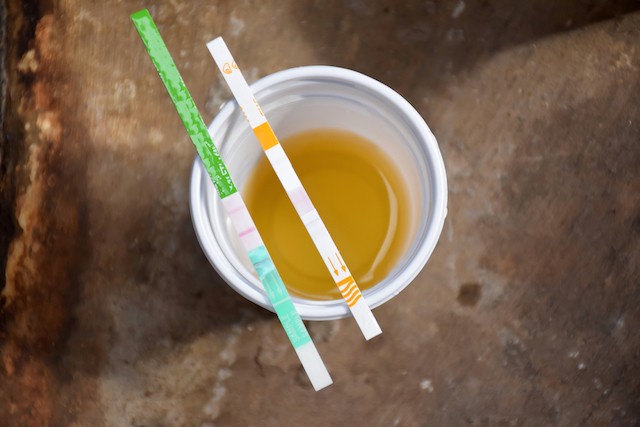After decades of drug testing for cannabis, many companies are moving away from the practice when searching for new hires.
As cannabis acceptance grows and unemployment numbers remain low, many companies have decided not to lose out on potential employees over cannabis use if it is not likely to have any impact on job performance.
Workplace drug testing accelerated under President Ronald Reagan. In 1986, Reagan made his contribution to the War on Drugs by requiring mandatory drug screening for all federal workers. Two years later, he extended mandatory testing to all employees working under federal contracts.
This became the cultural norm and many private businesses began adopting drug testing as part of their hiring process. But employers are finally rethinking this strategy and whether or not testing for cannabis use prevents them from hiring the best candidates.
“It has come out of nowhere,” said Michael Clarkson, head of the drug testing practice at the law firm of Ogletree Deakins according to the Associated Press. “I have heard from lots of clients things like, ‘I can’t staff the third shift and test for marijuana.'”
A trend of moving away from testing for cannabis use could be forming. Currently, 29 states have legalized the medicinal use of cannabis and 9 states have legalized recreational use with more states expected to legalize in the coming years.
Despite shifting attitudes toward cannabis use and continued legal expansion, courts have typically ruled against patients challenging employers who have dismissed them or denied employment based on testing positive. However, this could also be changing. Maine, for instance, has become the first state to ban employers from firing or refusing to hire employees for simply testing positive for cannabis.
There seems to be movement beyond individual states on cannabis employee testing. The Trump administration also has signaled that they are considering moving away from mandatory testing.
“We have all these Americans that are looking to work,” Labor Secretary Alexander Acosta recently said. “Are we aligning our … drug testing policies with what’s right for the workforce?”
Still, it could be quite some time before all companies eliminate testing for cannabis. The Society of Human Resources Management found that 57 percent of employers screened potential employees for drug use in a recent survey, though they were unable to determine how many no longer look for cannabis.
Screening for cannabis use simply may not make sense for most companies. Cannabis is fat soluble and can stay in a users system for up to 8 weeks. If an employee smoked a joint two weeks ago at a party and still had traceable amounts of THC in his/her system, would that prevent them from performing at work? Cocaine, and other harder drugs than cannabis are water soluble and exit the system in several days. And what about liquor? Employers typically do not test for alcohol even as liquor is far more likely to cause a workplace accident than any other substance.
In Las Vegas, where recreational cannabis sales started last summer, employers may have more pressing concerns than how their employees unwind after the work day.
“They say, ‘I have to get people on the casino floor or make the beds, and I can’t worry about what they’re doing in their spare time,'” Thoran Towler, CEO of the Nevada Association of Employers said.












